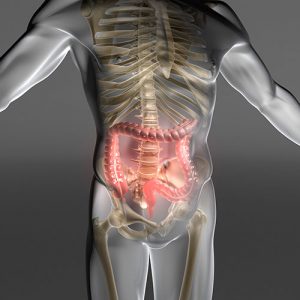Constipation is not a disease.
It is generally defined as having less than three bowel movements per week. Typically, a constipated stool is hard and difficult to pass and may be accompanied by bloating and discomfort. According to National Institutes of Health (“NIH”) National Digestive Diseases Information Clearinghouse:
- Constipation affects almost everyone at one time or another.

- Many people think they are constipated when, in fact, their bowel movements are regular.
- The most common causes of constipation are poor diet and lack of exercise. Other causes of constipation include medications, irritable bowel syndrome, abuse of laxatives, and specific diseases.
In most cases, simple tips will help relieve symptoms and prevent the recurrence of constipation, including:
- Eating a well-balanced, high-fiber diet that includes beans, bran, whole grains, fresh fruits, and vegetables.
- Drinking plenty of liquids.
- Exercising regularly.
- Setting aside time after breakfast or dinner for undisturbed visits to the bathroom.
- Not ignoring the urge to have a bowel movement.

Normal bowel habits vary. Whenever a significant or prolonged change in bowel habits occurs, check with a doctor. Most people with mild constipation do not need laxatives. However, a doctor may recommend laxatives for a limited time for people with constipation.
A Soft Stool is the Key to Regular, Comfortable Elimination. There is no More Effective Stool Softener than Water.
Reference: NIH Publication No. 07–2754, July 2007

